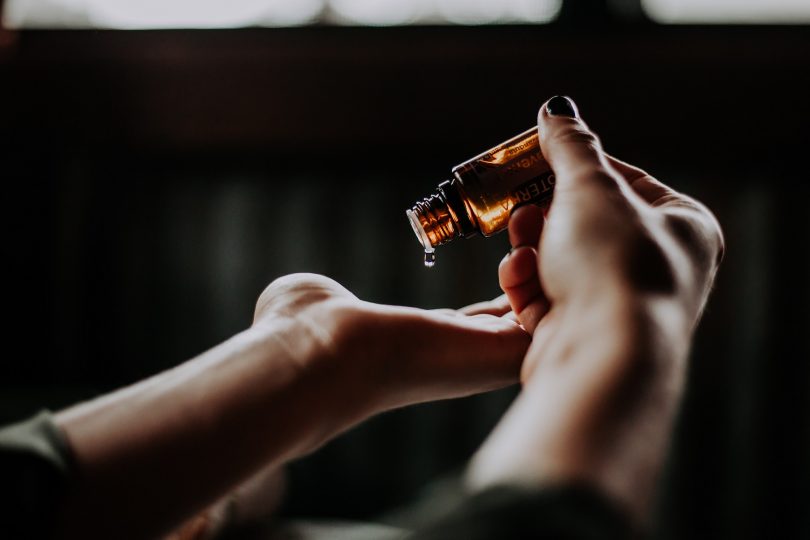What is Aromatherapy?
Aromatherapy is the practice of using natural oils, specifically essential oils to balance and harmonise body, mind, spirit and promote a sense of overall health and wellbeing.
Essential oils have been around from the beginning of early civilisation.
The Egyptians placed a great value on aromatic oils and 35 alabaster jars for oils were found in King Tutankhamun’s tomb. Greeks attributed the invention of perfumes to the gods and believed all aromatic plants to be of divine origin.
There are many references to aromatics, ointments and incenses (such as frankincense, myrrh, rosemary etc.) in the Bible and Torah as well.
It proves that aromatic plants have been used for their aromas and therapeutic benefits for over 6000 years and early civilisations were aware of the regenerating, protective and immune-strengthening properties of the oils as well as the effect the aromas and scents have.
What are essential oils?
Essential oil, are aromatic compounds extracted or distilled from flowers, leaves, stems, bark, roots, berries or other parts of plants. These highly concentrated and potent essences contain dozens, sometimes hundreds of different volatile aromatic compounds that all work synergistically in protecting the plant from outside threats such as predators and pathogens and also play a role in plant pollination.
Our body is made of intelligent cells, designed to continually restore health but it’s also affected by many different factors from our environment such as pesticides and fertilizers in the food we eat, pollution in the air we breathe, chemicals in the water we drink. They are the most essential to us as we all breathe, eat food and drink water every day to nourish and sustain our body, don’t we? Paradoxically, these three are the worst offenders and can put our body under a lot of strain.
When we add stress of a modern fast paced life to it, we can see how easily our body can get thrown out of its natural state of balance leading to various symptoms and health issues.
How do essential oils work?
Science found that essential oils constituents are both small in molecular size and are also lipid soluble allowing many of them to easily and quickly penetrate the skin (Onocha et al., 2011; Kohlert et al., 2000)
The lipid solubility of essential oil constituents also allows constituents to penetrate cell membranes, even if these membranes have hardened because of an oxygen deficiency (Onocha et al., 2011). In fact, essential oil constituents have the potential to affect every cell of the body within 20 minutes and then be metabolised like other nutrients (Jager et al., 1992; Jager et al., 1996).
Simplified, it means essential oils work with the body to address the issues and root causes interacting with body cells and supporting the body on a cellular level because they have the ability to diffuse into the cell membrane and enter the cells. That makes them effective in fighting viruses for example as viruses reside inside the cells compared to antibiotics that are ineffective in treating viral infections.
In 22 seconds aromatic molecules reach the brain, within 2 mins they can be found in the blood stream and in 20 minutes these molecules will affect every cell in the body.
Our cells have a 24-36 hour life span. Scientists discovered that essential oils are selective and cause cell apoptosis or death of the cells damaged beyond repair. In doing that, essential oils enable our body to do its part of the job – the reproduction of healthy cells.
Healthy cells = healthy tissues and organs= healthy body
We experience the world around us through our senses. Sense of smell being the most powerful of them all.
Smell of freshly cut grass, roses or wild flowers, the ocean, or perhaps the smell of a freshly baked apple pie or bread can all strongly affect our emotions and help us recall memories, more or less pleasant.
It all happens thanks to our olfactory system that sends the signals to the limbic system, a part of the brain responsible for emotions and formation of memories.
Read more at https://www.ncbi.nlm.nih.gov/pubmedhealth/PMHT0025088/



